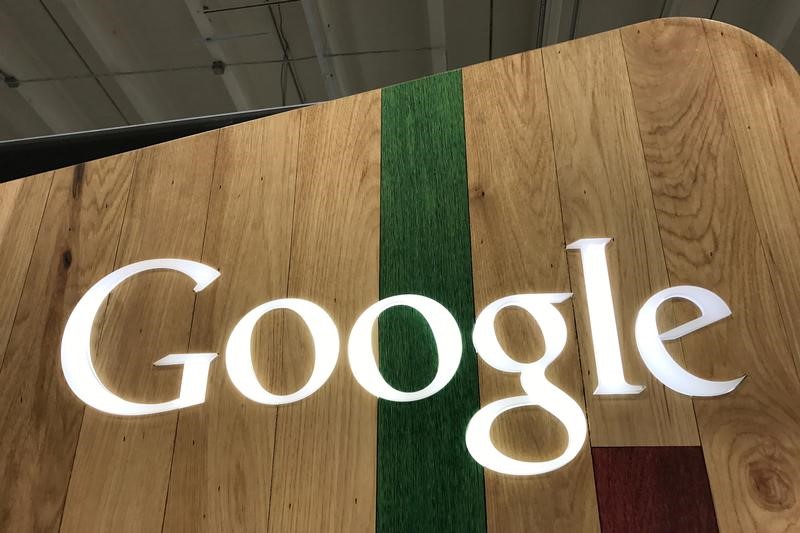A federal judge ruled Monday that Google (NASDAQ:GOOGL) violated US antitrust law with its search business, marking a significant court defeat for the tech giant. The case marks one of the most important tech antitrust actions and has the potential to reshape how millions of Americans access information online and disrupt decades of Google’s dominance.
“After having carefully considered and weighed the witness testimony and evidence, the court reaches the following conclusion: Google is a monopolist, and it has acted as one to maintain its monopoly,” wrote US District Judge Amit Mehta in the opinion.
“It has violated Section 2 of the Sherman Act,” he added.
The court found that Google’s exclusive agreements have blocked a substantial share of the market, allowing the company to charge supracompetitive prices for text advertisements and limiting competitors’ advertising revenue.
Although the court did not determine that Google holds a monopoly in search ads, the broader implications of the ruling mark a pivotal moment in a series of US government-led antitrust lawsuits against Big Tech.
“We are waiting for remedies from the judge,” Mizuho analysts commented on the decision. “If the judge decides to invalidate Google’s exclusive search deals, we believe this could open the door for OEMs such as Apple and Samsung to provide their own solutions by allowing users to choose their own default search engine in the setting app of the phone.”
Although the ruling represents a massive blow for Google, the company’s shares traded relatively flat in Tuesday’s premarket, supported by a broader bounce in technology stocks after a sharp pullback from a day earlier.
Google stock and S&P 500 futures each rose 0.4%.
Meanwhile, KeyBanc Capital Markets analysts note that Google’s loss of the trial introduces further uncertainty on the future of the search market and economics.
“While Judge Amit Mehta did acknowledge Google has the best product, his ruling suggests that the default search engine position on mobile devices could be at risk,” they said.
“With remedies unknown and an appeal process likely drawn out, we believe this could be a headline overhang until a decision is rendered. We do not see a fundamental impact until remedies are named, as nothing has changed yet for advertisers or consumers.”
